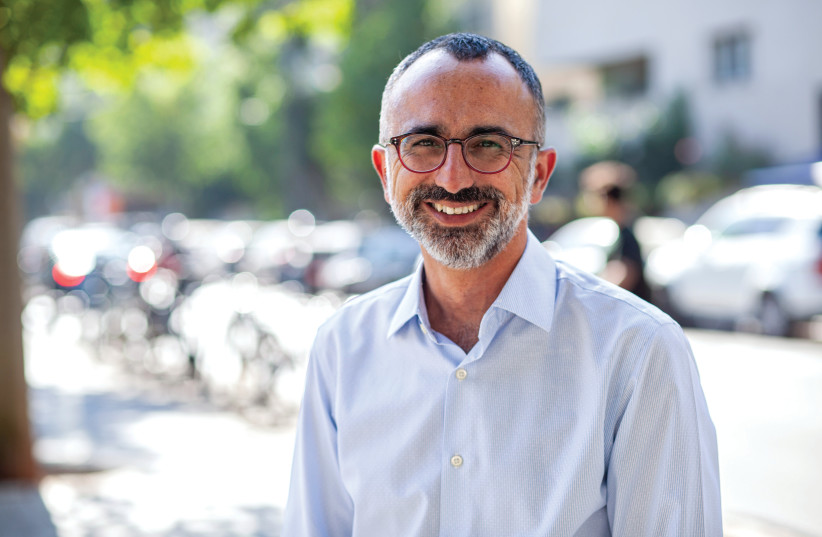Jerusalem for you
Nearly 25,000 citizens from the North and from the Gaza border communities have found shelter from the rockets in the capital and received a variety of services, such educational instruction, both formal and informal. The accommodation costs of the evacuees in hotels and other services are financed by the state, but the municipality absorbed all the needs through the city’s professional manpower in education, psychological services for students, and more. Besides that, during 2023, NIS 600 million was invested in the construction and renovation of the educational buildings in the city, and dozens of new classrooms were opened, as well as colleges for dedicated training.
Other significant events recorded were the opening of the first ultra-Orthodox school in Kiryat Hayovel; the commencement of the renovation of the Argentina experimental school; the transition of the Lady Davis school to another building; and the beginning of countless major renovations, besides the demolition of educational buildings for the establishment of new schools.
While Jerusalem was one of the first cities to return to normal since the onset of the war, physical return to classes was complex. Schools that are not equipped – if a siren sounds – with enough shelters or protected spaces to accommodate all their students and staff have been welcoming their students back in capsulot and remotely. Evacuees have placed their children according to their educational preferences.
Entire communities have been absorbed into schools (Kibbutz Dorot students were absorbed into the Ziv school). A highlight has been the opening of a dedicated school for special education for the evacuees. Nine schools for regular and special education have been established in hotels, museums, and public spaces. Resilience workshops are also being organized by community administrations. Crucially, some 2,500 youth from the North and the South have been incorporated into several afternoon programs. Updates on the integration of the evacuees into the education system in Jerusalem are provided on a daily basis to Manhi (the education administration).
Need help
Demand for complementary and integrative medicine studies has increased among religious and ultra-Orthodox female students in the city. As a result, Reidman College is inaugurating separate-gender tracks for massage, reflexology, and aromatherapy courses, adding these to their schedule of mixed-gender classes.

Since the outbreak of the war, the college has been running a voluntary project that included the establishment of treatment complexes in hospitals and at the Institute of Forensic Medicine in Abu Kabir. The college’s staff are providing contact therapy to hundreds of medical personnel, police officers, psychologists, and all those involved in treatment.
Sports complex’s new digs
The Local Planning and Construction Committee approved the plan for a new sports complex under the Jerusalem Pais Arena building, adjacent to Teddy Stadium, 13 years after the arena’s inauguration, in a huge space beneath the hall. According to the proposed plan, a multipurpose 800-seat basketball hall will be built in the underground space, some 10 meters below ground, along with a bowling alley and a running track around the basketball court. Changing rooms, offices, warehouses for logistic sports equipment, gyms, elevators, and a cafe will be built – all under the existing central hall of the arena.
Grappling in Gonenim
In the never-ending saga of the Gonenim Local Council, the administration’s chairman and his predecessor have been taken to court, in a demand that they thaw the administration’s bank account. Last year, activist Yossi Saidov was elected head of the community administration, contrary to the municipality’s position. After each side accused the other of acting without authority, the bank decided to freeze the administration’s account.
The struggle for control continues. The bank responded in a message that it would continue to freeze the account’s activity until the issuing of a judicial order officialized by authorized signatories.
The result is that payment of salaries is being delayed, and several projects benefiting the neighborhood residents have been frozen. ■
